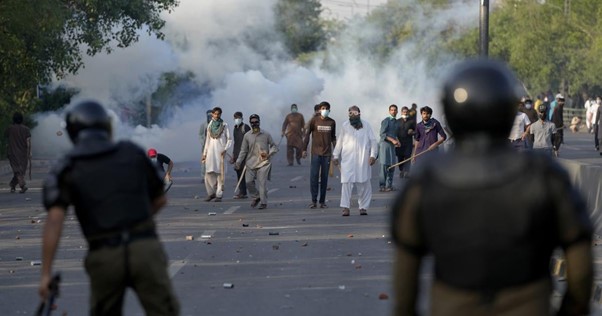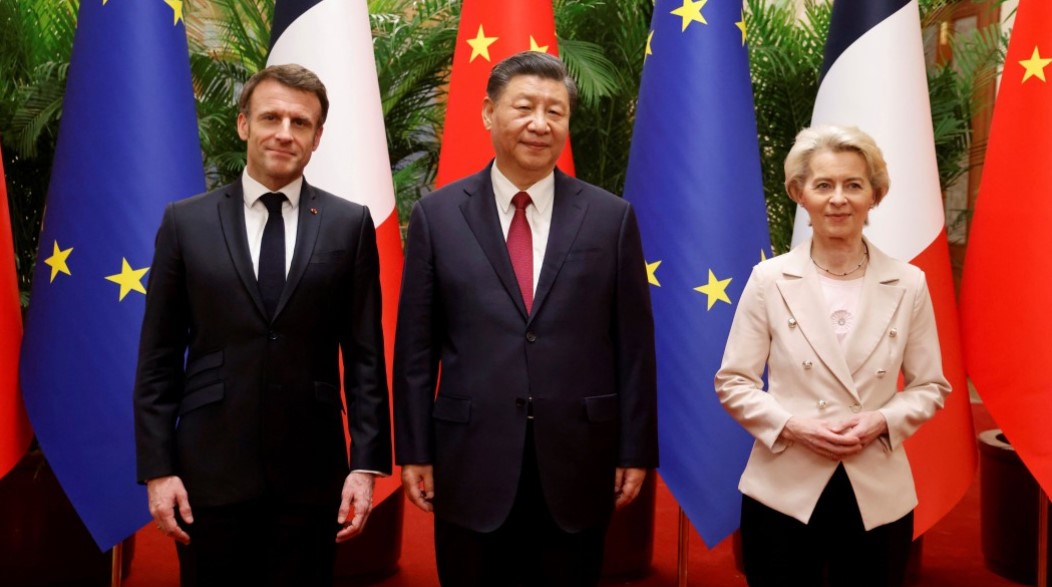Growing Population- An Asset or a Burden?
Wed, 27 Jul 2022 | Reading Time: 3 minutes
Being a citizen of a developing nation, we often admire the higher living standards and extensive growth rate of the developed western world, and desire to live in conditions like those. So, what is it that keeps pulling us from becoming a developed economy?
Despite being one of the youngest countries- with more than 62% of the population in the working age group (15-59 years), and the largest democracy in the world, India lags in indigenous manufacturing capabilities, R&D, and technological advancements. Although there are multiple factors leading to this condition, yet there is one problem which can be identified as the umbrella cause- The Growing Population.
According to the UN, India is going to surpass China in terms of population in 2023. There can be two viewpoints to this situation.
From one viewpoint- More people mean more competition over limited resources, which could disturb the societal balance of resources leading to a hike in demands for food, water, energy, healthcare and more. Following a chain reaction, it would impact the development and economy, and even contribute to ecological degradation due to exploitation of resources. Also, there can be serious healthcare impacts as the available medical facilities can support only upto a limit, which was evident during the pandemic. Overpopulation would also lead to higher competition for limited vacancies in jobs, in turn increasing unemployment, consequently giving rise to social instability. In case of India, this could further incite conflicts among the diverse cultural communities. Also, an unemployed population is more vulnerable to external radicalisation, which could be a threat to national security, especially for India, which is surrounded by rogue nations like Pakistan and China.
From another viewpoint- This large population could mean more manpower, leading to more growth, in turn bolstering the economy. This is what China has done by harnessing the potential of its population, turning the country into world’s factory and becoming the master of the global supply chain. But can India do the same? India has been struggling to employ its population in manufacturing hubs or factories due to lack of the required skillset in its workforce. There is a huge competition for job vacancies in India, but the aspirants lack the needed skills and training, and hence deem unfit for employment. And this is what makes India’s behemoth population more of a burden than an asset.
In India, less than 5% of the workforce has vocational training, compared to 26% of that of China. This makes it difficult to send this labour force to the fields. Thus, reforms in educational institutions should be done to provide practical knowledge to meet industrial requirements. Also, Indian population lags in significant computer knowledge and thus there is an immediate need of digital training to the people for future technological advancements of the country. A skilled population would be more productive and would prove to be a gamechanger in taking the country on the road to become an export dependent state from being an import dependent state, by boosting its manufacturing industry. This would successively contribute in countering adversaries like China by cutting off exports trade.
Hence, to utilize the strength of its growing population, India needs to invest in education, healthcare, skill development and digital literacy. It also requires to implement measures to improve gender parity in jobs and to prevent this discrimination in labour force participation from destroying the demographic dividend. Although, the government runs some ambitious programmes like Skill India and Digital India, yet there is a dire need for better implementation along with some necessary laws for population control to provide the nation a breathing space that it requires to function smoothly.
Disclaimer
The opinions expressed in this article are the author’s own and do not reflect the views of Chanakya Forum. All information provided in this article including timeliness, completeness, accuracy, suitability or validity of information referenced therein, is the sole responsibility of the author. www.chanakyaforum.com does not assume any responsibility for the same.
Chanakya Forum is now on . Click here to join our channel (@ChanakyaForum) and stay updated with the latest headlines and articles.
Important
We work round the clock to bring you the finest articles and updates from around the world. There is a team that works tirelessly to ensure that you have a seamless reading experience. But all this costs money. Please support us so that we keep doing what we do best. Happy Reading
Support Us




















POST COMMENTS (1)
Kalidan Singh